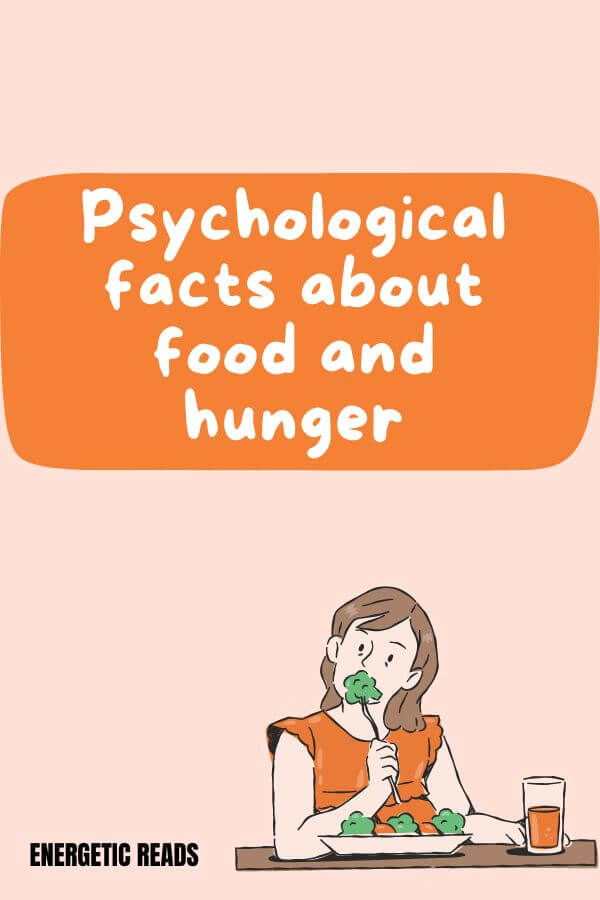The psychology behind food and hunger is an intriguing topic, and there’s a lot you can learn from this. There are different ways in which our food choice are affected. So, in this post, we will discuss some psychological facts about food and hunger.
7 Amazing facts about food and hunger:
- One tends to eat unhealthy when feeling low. Emotional eating is when we eat because of our mood and not hunger. Our negative emotions lead us to poor food choices and make us reach for high-fat and sugary foods. This way we end up replacing our proper meals with snacks. This leads to overindulgence as well. This then can harm our health.
- Do you like watching your favorite show on television or mobile while eating? Distracted eating leads to overeating. Just gobbling up food while our minds wander tends to make us eat more. On the other hand, mindful eating is more pleasurable and satisfactory. So, take some out for your meals and eat peacefully. This way you can enjoy your meals as well.
- A portion of healthy food doesn’t give you a license to eat without any limitations. People tend to perceive the same food as healthy or unhealthy depending on what they are made to believe and they tend to eat more in instances of it is called healthy. They think healthy food can be consumed in large amounts.
- Habits overrule eating intentions. On average, what we end up eating is a product of our habits rather than our preferences or intentions. Our daily life situations shape our eating habits and whether we like them or not, we tend to eat according to them.
- It’s not always the taste that makes us overeat, but sometimes it is because of the color of your crockery. Blue, orange, and red are some colors that increase appetite.
- Suppression of food thoughts results in binge eating. Health-conscious people who diet regularly and suppress food thoughts habitually are more vulnerable to giving in to food cravings leading to binge eating.
- True hunger happens in your head. Your hypothalamus to be precise. This part regulates two key hunger hormones, ghrelin, and leptin.





No Comments